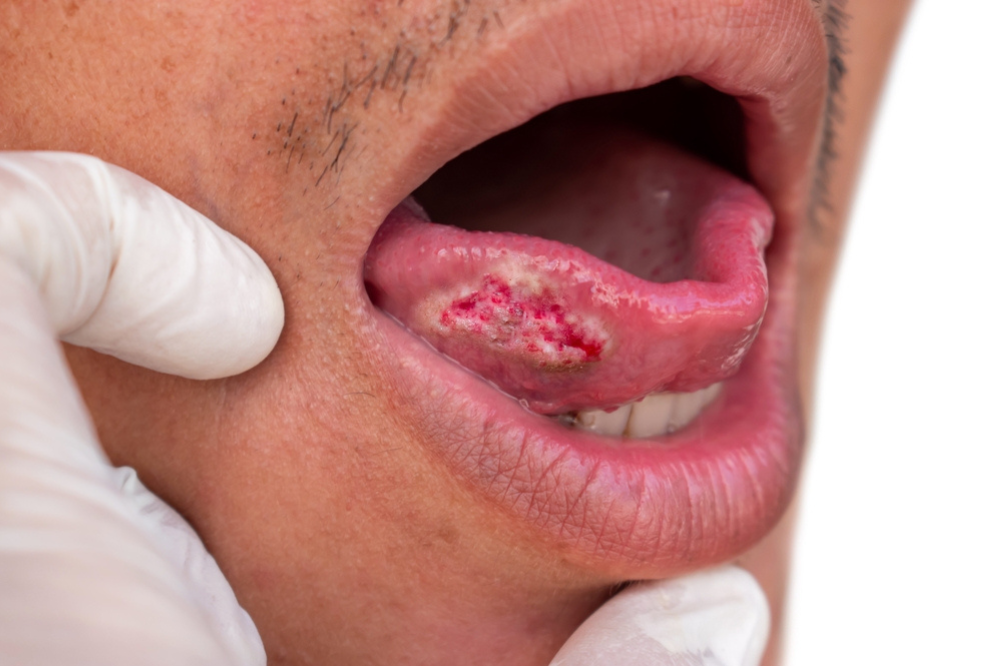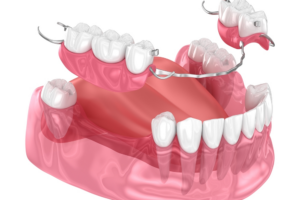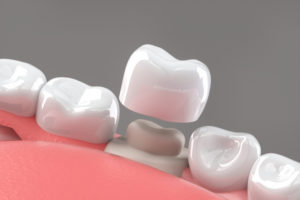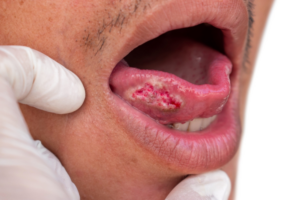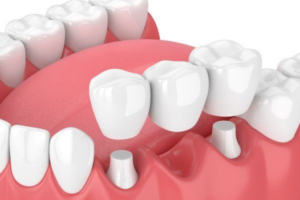Oral cancer is a serious health concern that affects millions of people worldwide. The good news is that early detection can significantly improve outcomes. By understanding the signs of oral cancer and incorporating simple self-screening into your routine, you can take proactive steps toward maintaining your oral health.
In this article, we will explore the common signs of oral cancer and provide a guide for effective self-screening. Also, if you can identify the signs on your own, the last option is to visit a dentist near you. Do not skip the end.
Understanding Oral Cancer
Oral cancer refers to the abnormal growth of cells in the mouth, lips, tongue, or throat. While several risk factors contribute to the development of oral cancer, including tobacco use, excessive alcohol consumption, and human papillomavirus (HPV) infection, it’s crucial to be aware of the signs that may indicate the presence of this disease.
Common Signs of Oral Cancer
1. Persistent Mouth Sores
One of the primary signs of oral cancer is the presence of persistent mouth sores that do not heal within two weeks. These sores may appear as red or white patches, and they can be found on the tongue, gums, or other areas inside the mouth.
2. Unexplained Bleeding
Unexplained bleeding in the mouth, whether it’s from the gums, tongue, or any other oral tissues, should raise concerns. If you notice blood in your saliva without an obvious cause, it’s essential to consult with a healthcare professional who provides dental specialities in North Edmonton.
3. Changes in Speech or Swallowing
Oral cancer can affect the muscles and tissues in the mouth and throat, leading to changes in speech or difficulty swallowing. If you experience persistent hoarseness or a sensation of a lump in the throat, it’s crucial to seek medical attention.
4. Chronic Sore Throat
While occasional sore throats are common, a chronic sore throat that persists for an extended period may be a sign of an underlying issue, including oral cancer. If you find yourself constantly battling throat discomfort, it’s wise to consult a healthcare professional.
5. Numbness or Tingling
Numbness or tingling in the mouth or lips can be indicative of nerve damage, which may be associated with oral cancer. If you experience unusual sensations in your oral region, it’s essential to have a thorough examination by a healthcare provider.
Self-Screening for Oral Cancer
Regular self-screening can play a pivotal role in detecting potential signs of oral cancer early on. Here’s a step-by-step guide for a simple and effective self-screening process:
1. Examine Your Lips and Gums
Start by inspecting your lips and gums in the mirror. Look for any changes in colour, texture, or the presence of sores. Gently run your fingers along the gums to feel for any lumps or irregularities.
2. Check the Inside of Your Mouth
Use a well-lit area to examine the inside of your mouth. Check for red or white patches, persistent sores, or any other abnormalities. Lift your tongue and inspect the underside, as well as the roof of your mouth.
3. Inspect Your Tongue
Examine your tongue for any unusual colour changes, swelling, or persistent sores. Run your fingers along the sides and underneath the tongue to feel for any lumps or bumps.
4. Evaluate Your Throat
Gently press your fingers along the sides of your throat to feel for any swelling or tenderness. Pay attention to any changes in your voice, such as hoarseness, and be mindful of difficulty swallowing.
5. Check for Jaw and Neck Lumps
Palpate the jaw and neck areas for any lumps or bumps. While various factors may cause these, persistent and unexplained masses should be brought to the attention of a healthcare professional.
In Conclusion
Taking charge of your health includes being vigilant about potential signs of oral cancer. By familiarizing yourself with the common indicators and incorporating regular self-screening into your routine, you can play a proactive role in maintaining your oral health.
Remember, early detection significantly improves the chances of successful treatment. If you notice any persistent signs or symptoms, don’t hesitate to consult with a healthcare professional for a thorough examination and appropriate guidance from a dentist in North Edmonton.
Your commitment to oral health today can have a lasting impact on your overall well-being tomorrow.
The Dentists at Northgate Help You Identify And Rectify Oral Cancer
The Dentists at Northgate are your partners in oral health, dedicated to helping you identify and rectify potential issues, including oral cancer. Our experienced team provides dental specialities near you to take care of and treat your dental health.
Through regular check-ups and screenings, we prioritize your well-being by thoroughly examining for signs such as persistent sores, changes in speech, or unexplained bleeding. Our commitment extends beyond routine dental care, empowering you with knowledge of self-screening techniques.
Trust the Dentists at Northgate to provide personalized and comprehensive oral healthcare, ensuring your peace of mind and a proactive approach to oral cancer prevention.

